Malta has performed quite poorly in the recently released Migrant Integration Policy Index (MIPEX).
Malta has ranked 33rd out of the 38 countries assessed in terms of migrant integration. Over the last seven years integration in Malta has become increasingly restrictive, whilst public attitude towards migrants and integration remains a critical barrier to effective integration. The national integration strategy that is currently being developed is an opportunity to tackle these issues and to significantly improve Malta’s track record on migrant integration. These are some of the main findings of the Migrant Integration Policy Index (MIPEX) launched today. Malta scored at 40% on the index, making it ‘slightly unfavourable’ for integration.
The Migrant Integration Policy Index (MIPEX) is the most comprehensive, reliable and used tool to compare what governments are doing to promote the integration of migrants across Europe and the world. 168 policy indicators, covering 8 policy areas, have been developed to create a rich, multi-dimensional picture of migrants’ opportunities to participate in society. 38 countries are assessed. The national partner in Malta is The People for Change Foundation, a human rights think tank.
Non-EU citizens were far less likely to reunite with family than in other EU countries, the report shows. The 38 countries were the EU Member States, Australia, Canada, Iceland, Japan, South Korea, New Zealand, Norway, Switzerland, Turkey and the USA.
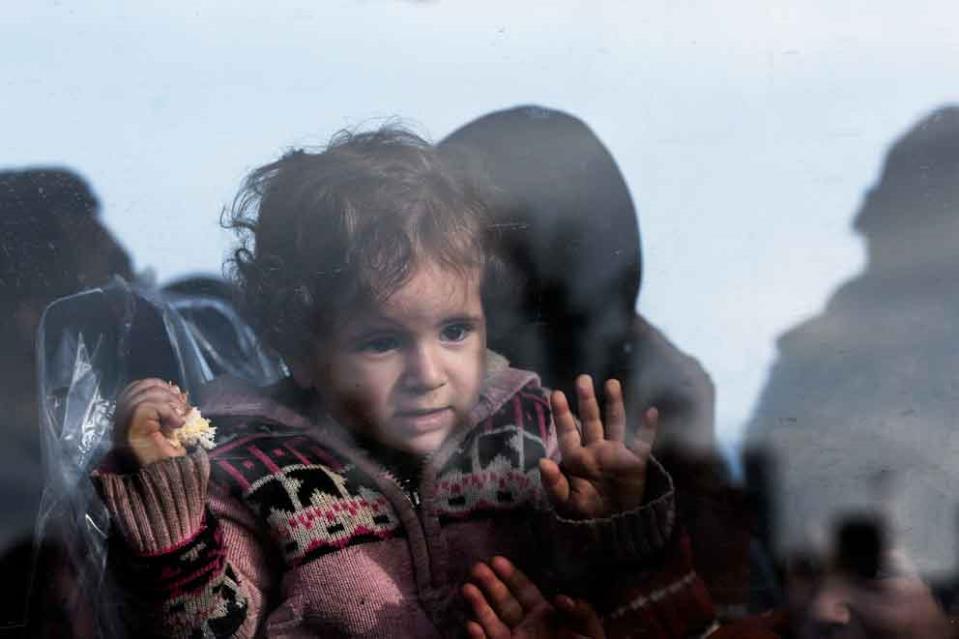
33rd in Family Reunion
The desire to reunite with family is a key indicator of immigrants' willingness to settle and integrate long-term, the report explains. “While family life is central to Maltese society, so far, non-EU families in Malta are given some of the worst opportunities to reunite and integrate in Europe. The few families that can be reunited will be relatively secure in their future together in Malta however to reach that point, they must overcome the limited definition of the family, vague conditions, complicated parallel procedures and limited rights, even potentially violating EU law. This policy creates more obstacles than opportunities from an integration perspective, making Malta less welcoming of new families than 32 out of the 38 countries”.
In this regard, the report highlights a number of issues relating to eligibility, stating that there are vague requirements of “reasonable prospects of obtaining the right to permanent residence, unlike in 27 other countries”. It also highlights that Malta enforces a more conservative approach for non-EU extended families with no clear entitlement for sponsors who can provide for their physically or financially dependent elderly parents or adult children. As a result, the average European country is twice as open to non-EU families than Malta is, the report explains.
The report indicates that non-EU families in Malta are insecure about their status in the country, and note that there are several grounds for rejection and withdrawal, without explicit obligations to take personal and family circumstances into account. Malta ranked 33rd out of 38 countries in the Family Reunion section.

29th in Labour Market Mobility
As for the Labour market and skills improvement, the report noted excess obstacles emerging for non-EU residents setting up their own business. As such, Malta ranks
29th out of the 38 countries in the Labour Market Mobility section. In addition, non-EU newcomers rarely have the same general opportunities to invest in their skills and qualifications in Malta compared with most countries, the report explained. “Non-EU residents who require a degree or training do not all have the same clear access as local citizens to necessary study grants, public employment services and training, unlike most countries”.
As for support, Malta does not provide any targeted support for Labour Market integration aside from information.
Non-EU workers do not enjoy equal access to social assistance and security, regardless of whether they pay tax and contributions, the report explains, “which can undermine their long-term labour market and social integration”.
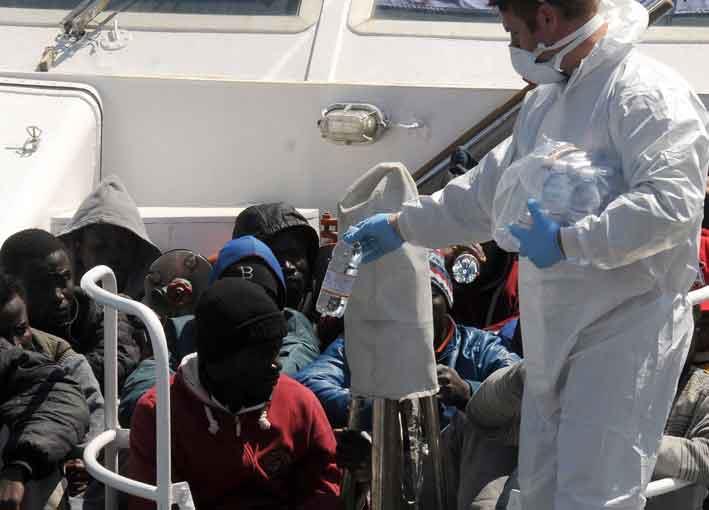
32nd in Education
The report indicates that less than 1% of 16-year-old pupils in Malta had immigrant parents, or had immigrated themselves. Around 3.9% of children aged 0-14 were born abroad (including within the EU).
The report shows that all non-EU minors have legal access to the education system, however restrictions emerge for those over the age of 18. In addition, there is a lack of external expert centres to properly assess newcomers and help them choose the right level and school.
Another issue surrounds teacher training, as aside from basic techniques during pre-service training, “they receive no other systematic support to identify and address specific immigrant pupil needs”.
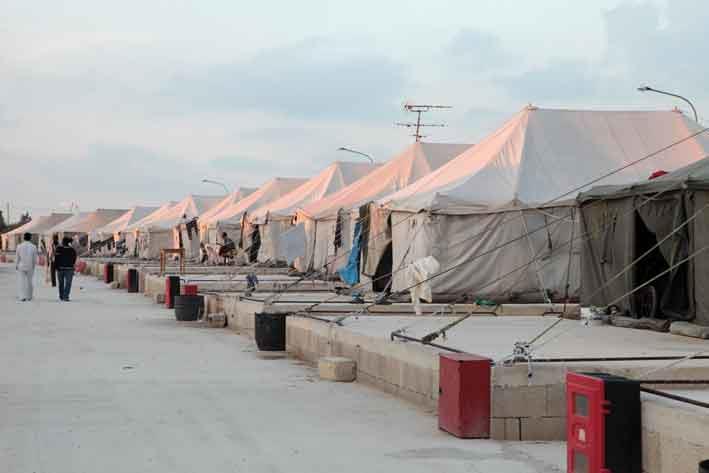
19th in Healthcare
Malta’s best rank can be found in healthcare, where the country is ranked 19th out of 38.
The report states that Malta’s migrant health policy creates both obstacles and opportunities to properly treat migrant patients. Many categories of migrants lack clear entitlements to healthcare coverage, which creates more gaps in the law and problems in practice than in any MIPEX country. Migrants able to access or pay for healthcare coverage will find that a number of services have become more accessible and responsive to their specific health needs.
In Malta, many types of migrants are not eligible for free healthcare and that legal migrants face unclear rules for said free healthcare access. In fact, the report mentions that private insurance is needed for most visas.
As for asylum-seekers, free healthcare is only supplied to those without ‘sufficient means’ or regular work, the report read. “Overall, no clear legal exemptions or entitlements exist for migrants in at-risk or vulnerable populations”.
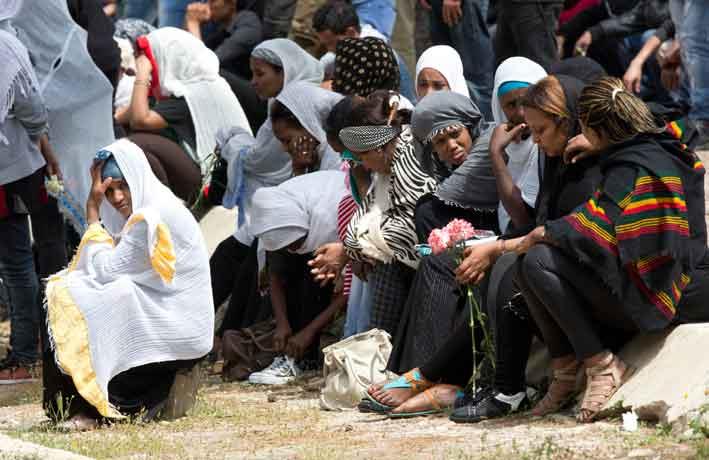
26th in Anti-Discrimination
The report notes that currently, Malta’s anti-discrimination approach is currently ant it’s greatest now than in the past.
The report does note, however, that even though the island only has a small migrant community, 1.8% of the Maltese population in 2012 reported that they had been discriminated against or harassed based on their religious beliefs or ethnic origins. It notes, however, that all residents are better protected from discrimination due to a new horizontal approach now common in many European countries. “There greater protections are only halfway favourable for non-EU citizens who may be denied an opportunity because of their nationality”
It also notes that equality policies are weak when compared with most countries. However, the report indicates that reforms have been proposed for stronger equality bodies and powers (ex. Equality and Human Rights Commission).
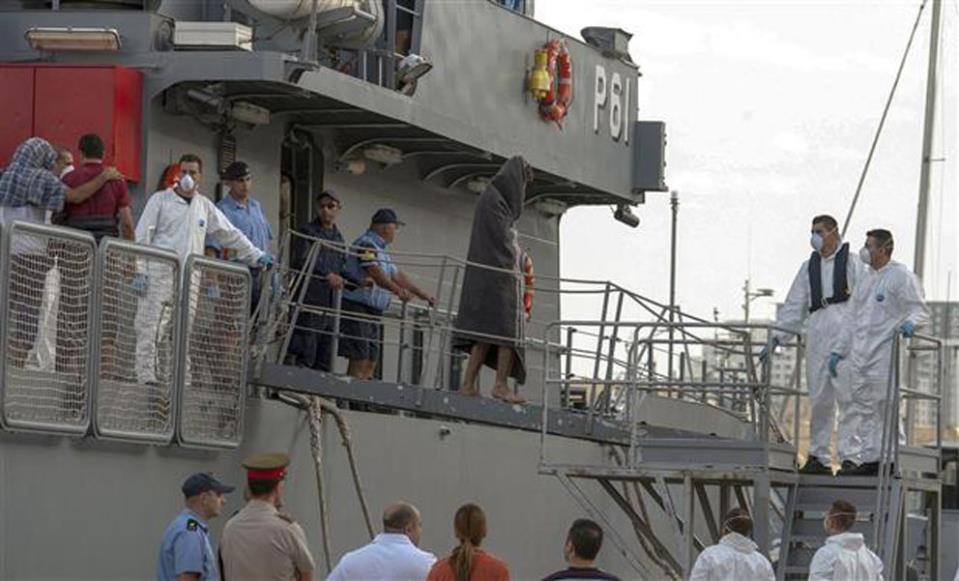
25th in Political Participation
In Malta, an estimated 10,020 non-EU adults (aged 15+) are excluded from democratic life in Malta because they are non-EU citizens without any voting rights. As a result, around 3% of the entire Maltese population is disenfranchised.
The report notes that Since 2007, Malta has not progressed on political participation like neighbouring new immigration countries. “Without structural support for associations or consultative bodies of immigrants, new communities find it hard to reach politicians and the public. They cannot improve the policies that affect them daily, since most authorities design policies ‘for’ them and are not informed by or accountable to them”.

Ranked 34th in Permanent Residence
According to the document, Malta discourages migrants from becoming long-term residents. The country excluded many long-settled non-EU citizens who have legally resided there for 5 or more years. It states that restrictive conditions could also hinder non-EU migrants who are eligible from becoming long-term residents.
As for those who are already long-term residents, they can renew their status every five years, can live for one year out of the EU etc, “however can lose their status and risk being deported on a few grounds, even if they lived in Malta for many years or were born there”.
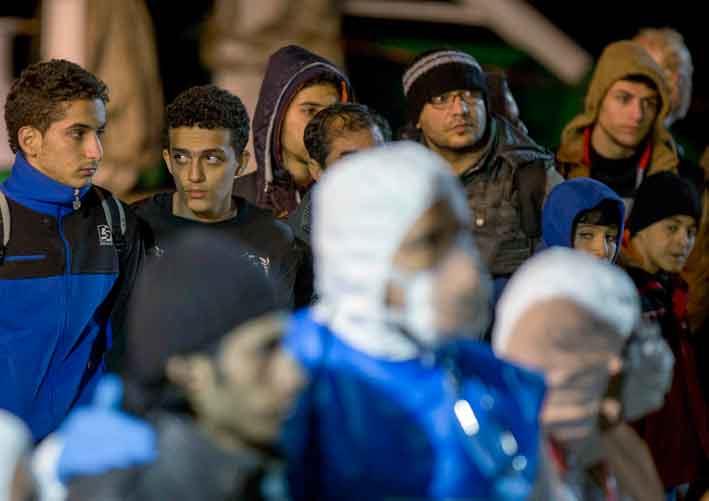
27th in Access to Nationality
“Malta has not updated its citizenship policy to reflect its transformation from a country of emigration to immigration. While in 2013 the investor programme made headlines across Europe, most long-settled ordinary residents cannot become citizens unless they have 650,000 euros or family connections to a Maltese citizen.
Birthright citizenship was removed in 1989 however was not replaced with another form of entitlement to Maltese citizenship for immigrants’ children, “who are born in Malta but treated like foreign newcomers”.
In order to achieve citizenship, applicants must find two references from two non-naturalised Maltese citizens, including one judge, priest, doctor, lawyer, army officer, policeman or parliamentarian. This, when in most countries all that is required is that one must obtain standard language levels and good criminal record documents, the report explains.